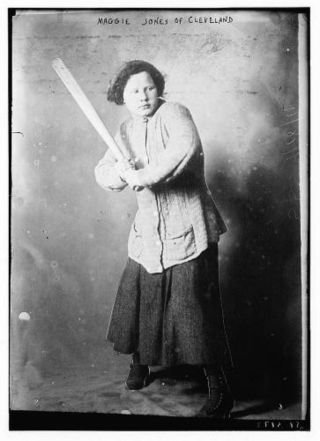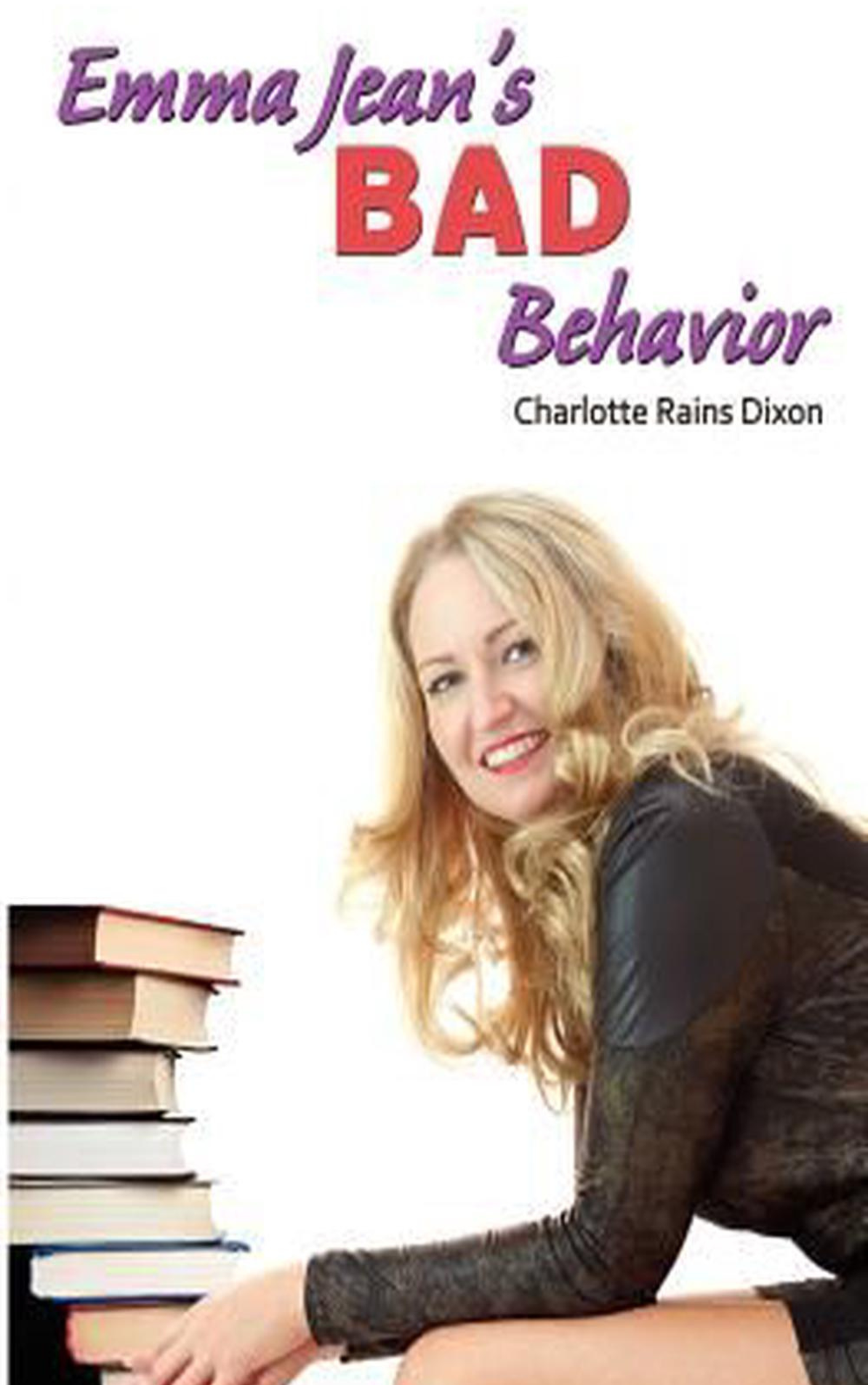A 5 Step Process for Dealing With Rejection
So, I'm looking for an agent. I have an offer to publish my book and in the old days this would be a slam dunk. I remember sitting in sessions at writing conferences hearing stories of people who got a contract with a publisher and were told it was a sure-fire way to get an agent. Now, not so much.
And it turns out that indifference is just as bad as rejection. So I'm thinking a lot about rejection. (And, for the record, I sent out my novel to a gazillion places before I got this acceptance.)
It is important to remember that rejection is not just a mental and emotional response, but a visceral, physical one, too. Here's how it goes for me:
It starts as a shimmery feeling all through me, then a surge of adrenalin and a punch in the gut, sometimes so hard it makes me want to double over. This is no doubt a fight or flight response, and it is damned uncomfortable.
Then the head stuff begins:
- I'm a failure
- This is the one thing I love doing, and nobody will let me do it (note victim mentality)
- All is lost
- Now everything is ruined, even my Work in Progress (WIP)
- No use working on my WIP because I'm such a failure
Sound familiar?
After quite awhile of wallowing in this stage, comes the false bravado:
- I will do it!
- They can't stop me
- Who are they to judge me?
- I'll make it happen if it kills me
This is a semi-helpful stage because it indicates you're moving out of the wallowing, but be aware that false bravado is predicated on the empty space inside you that remains when your ego collapses. And this is not the empty space the gurus speak of, it is the empty space that is hurting and scared. Not a good foundation to build upon.
So what's a writer to do? How in the hell does one deal with rejection? Like this:
Feel your pain. Our automatic response to an uncomfortable feeling is to run from it, or try to change it. Don't. Sit with it. Feel it fully and deeply. Ask yourself, what am I feeling right now and identify it. One of the keys to dealing with hurt and rejection is allowing yourself to process it fully, which we don't do. Because it is scary. But then number two comes in:
Let go. Oh lordie, it is easier to let go when you've processed something fully. You can feel it. But whatever feeling you are feeling is going to hang around until you've felt it, so don't think you can skip number one to get to the good part. Huh-uh. A handy visual for letting go: imagine your thoughts and worries as balloons and watch yourself release them into the air. Feels good, doesn't it?
Affirmations. They really do work to change your mindset, but not when you're busy trying to cover up stuff that is still clogging you up. So do not skip to this step whatever you do. But when you've processed and released, get you some positive statements to say to yourself. It's like laying sod on a new field or planting new seeds. Okay, I'll stop with the cheesy metaphors.
Begin the process again. Get back to work on your WIP, or start a new one. Here's your job: set your intention (sell my novel, get an agent, etc.), put it out into the universe, trust that the universe will act on it for you, and get writing. Rinse and repeat as necessary.
Enjoy success. Don't forget to celebrate even the smallest of victories along the way. It is what makes living worthwhile.
Create a successful, inspired writing life: Next time you get a rejection, remind yourself it is all part of the writing process. And then activate the process above to help you through it.
I'd love to hear how you deal with rejection? Do you scream and cry? Throw things? Or maybe you've developed some more useful reactions. Please share them with everyone. Fairly often the best part of my blog posts are in the comments, cuz my readers rock.
The photo is public domain from the Library of Congress.


J.D.
I think you could be an agent, Charlotte. Not too many living in your home state, I suppose. You would’ve been a diamond in the coal yard. I’m sure they’re not all bad people–it just seems that way.
Charlotte Dixon
J.D., I probably couldn’t be an agent because I couldn’t handle rejecting people. I had a brief career as an editor for an erotic romance publishing house and I wrote the longest and most lavish rejection letters you can imagine because I felt so bad, having been on the other end of it. I just wish agents would at least acknowledge submissions, one way or another. How hard is it to hit reply and say no? The new trend toward just not answering is really rude, in my opinion.
Karen
Charlotte, this is a great post today. Those things-to-do you suggested on dealing with rejection are spot-on in dealing with most any kind of pain and fear as well as rejection. I also agree that “not answering” is rude. I wonder if that’s an agent’s way of avoiding their own pain of saying no, by just not answering. I’ve heard that doing nothing is a decision, but it sure puts the person on the other end of that action in a vulnerable position. I think you did well with your wait by writing this post!
Charlotte Dixon
Karen, that’s a really good point, that agents do nothing in order to avoid making a decision, I’ve never thought of it like that. I guess we writers need to remember that agents are people, too. 🙂 Plus, we also need to remember that we don’t need to give up so much power to them. We have more power than we think!
Patrick Ross
There are agents and then there are agents. My first agent loved my NF proposal because he was sure he could sell it to a big trade press and get a nice chunk of change from the work I had done in writing the proposal. We came close but no cigar. He wouldn’t send it to small presses because he wouldn’t get any money from it. When it was clear he wasn’t invested in ME as a writer, we agreed to part ways with no hard feelings.
The lack of interest is a feeling they won’t make enough of you off of this book. Likely they’re not even looking at your prose, deciding if you’re a writer they want to partner with. So definitely do not take it personally.
My agent now (who only reps NF) has yet to make a dime off of me. But he likes my writing and believes in my future, and is willing to wait. I met him through personal connections (the first one I found through querying); any chance your wider writer network could connect you with someone?
Charlotte Dixon
That’s exactly what I’m looking for, Patrick, an agent who believes in me and my future. Its not as if I’m going to quit writing. I’ve had the good fortune to have gotten several personal recommendations and they all fell into the category of “We love your novel but….” that has been so prevalent. I’m really easing into the idea of being with a small press and liking it more and more. It is going to be an interesting ride, that’s for sure!
Don
Rejection is part of the process that leads to success! It’s painful, for sure, but it’s a necessary part of the learning process that every successful writer has to go through at some point. I always think it’s good to note that the most successful writers, and I mean most, if not all of them have gone through the same process in the past. Even J.K. Rowlings was rejected like a million, gazillion times, so I see rejection as a stepping stone in the learning process of becoming a better writer. One’s attitude is the key here.
Charlotte Dixon
You’ve got a great attitude, Don! You’re right, it makes all the difference. When I was a beginning writer, if I got rejected once or twice, I’d quit sending it out, which was really stupid because a couple of rejections is nothing. Looking at rejection as part of the process is brilliant!
Giulietta Nardone
Congrats on finding a publisher Charlotte! That’s terrific news. I just keep sending my writing out. Years ago, I didn’t hear back. Then I started getting little notes – “it was the runner-up, etc.” Then published. Now, if it’s good I know someone will buy it. If I think it’s not quite right and send it out anyway, it usually doesn’t sell. Then, I often take part of it and turn it into a different essay and it sells. It’s about having faith in my work.
Useful post. Rejection just means you haven’t found the right editor yet. When I read about the great novels that got rejected a million times, the I know it’s part of the writing game. Thx, G.
Charlotte Dixon
This is a great addition to the comments, Giulietta, because of your attitude about it–I see you just shrugging and sending it out again because you know its good. That’s the key, following your inner knowing and not listening to the judgment of the outer world. Thanks for chiming in.
Julia Munroe Martin
Rejection has become pretty matter of fact for me at this point after *only* half a gazillion agent rejections. I very much can relate to the “begin the process again” advice. I just finished first draft of a WIP while querying the first. And I’m excited to finish the editing to restart the querying and start yet another WIP! Great posts, so glad I found them via Milli Thornton!
Charlotte Dixon
Milli is a great friend and I'm so pleased that she referred you here. Whatever you do, just keep going and don't give up, Julia. A lot of it is just perseverance.